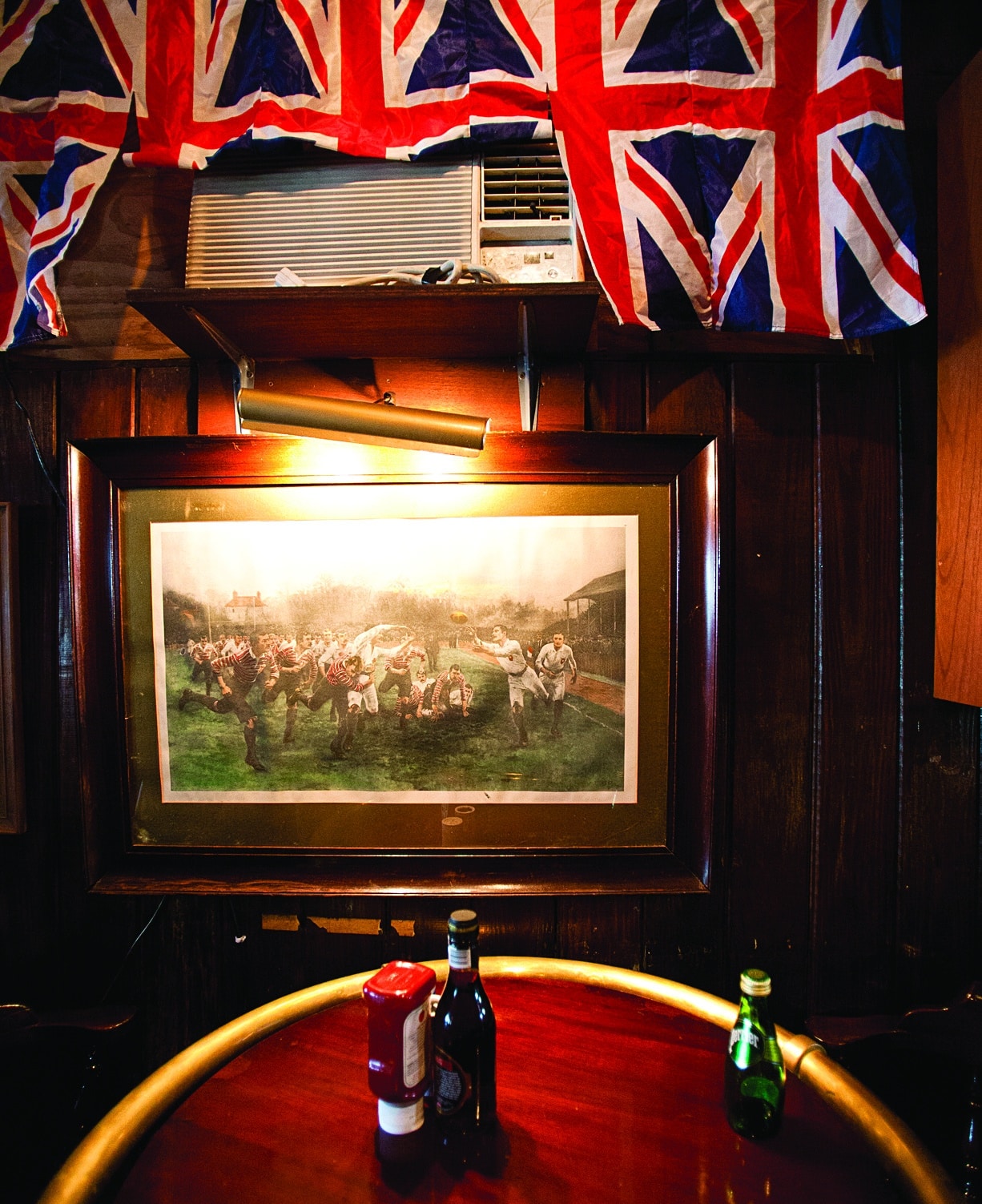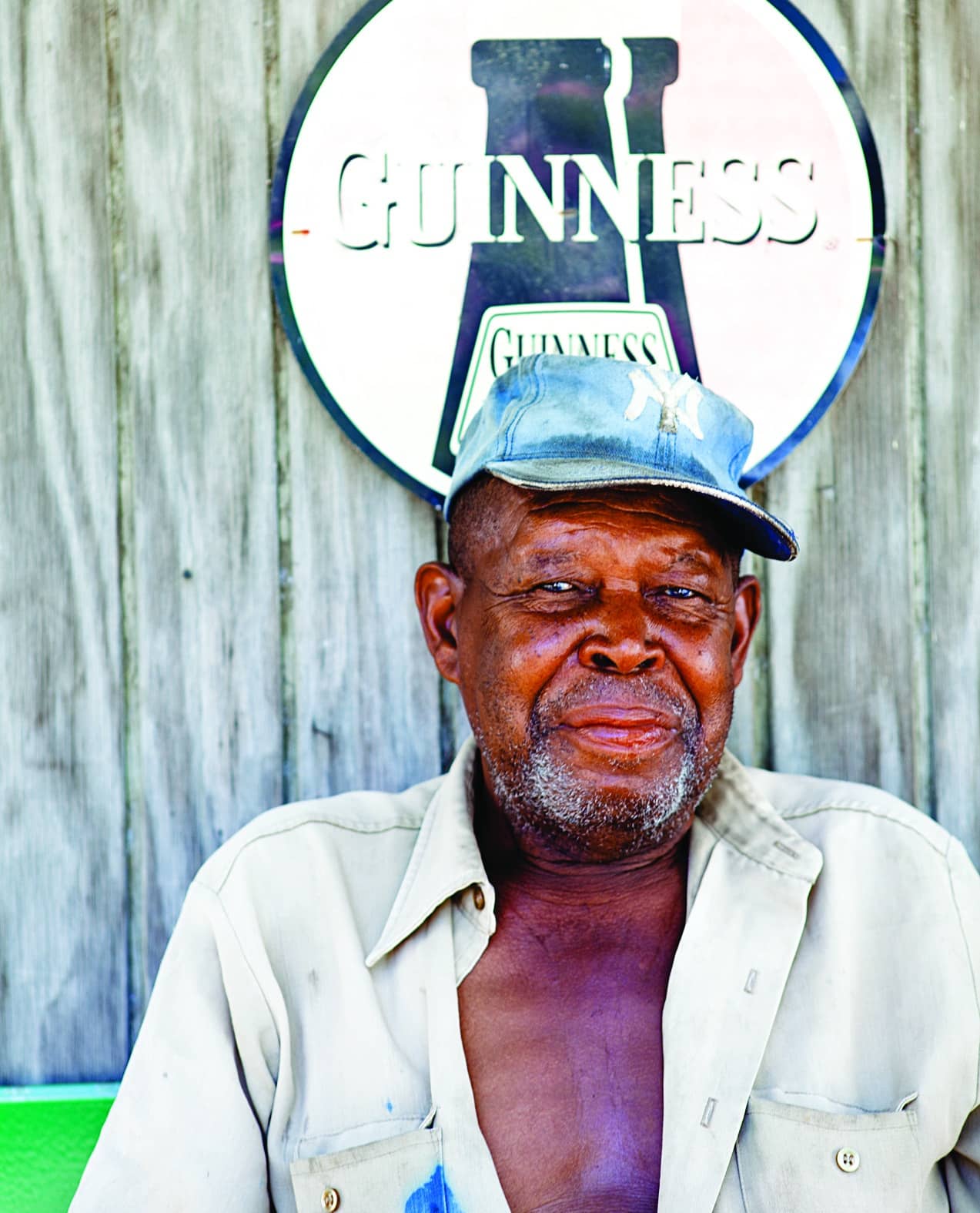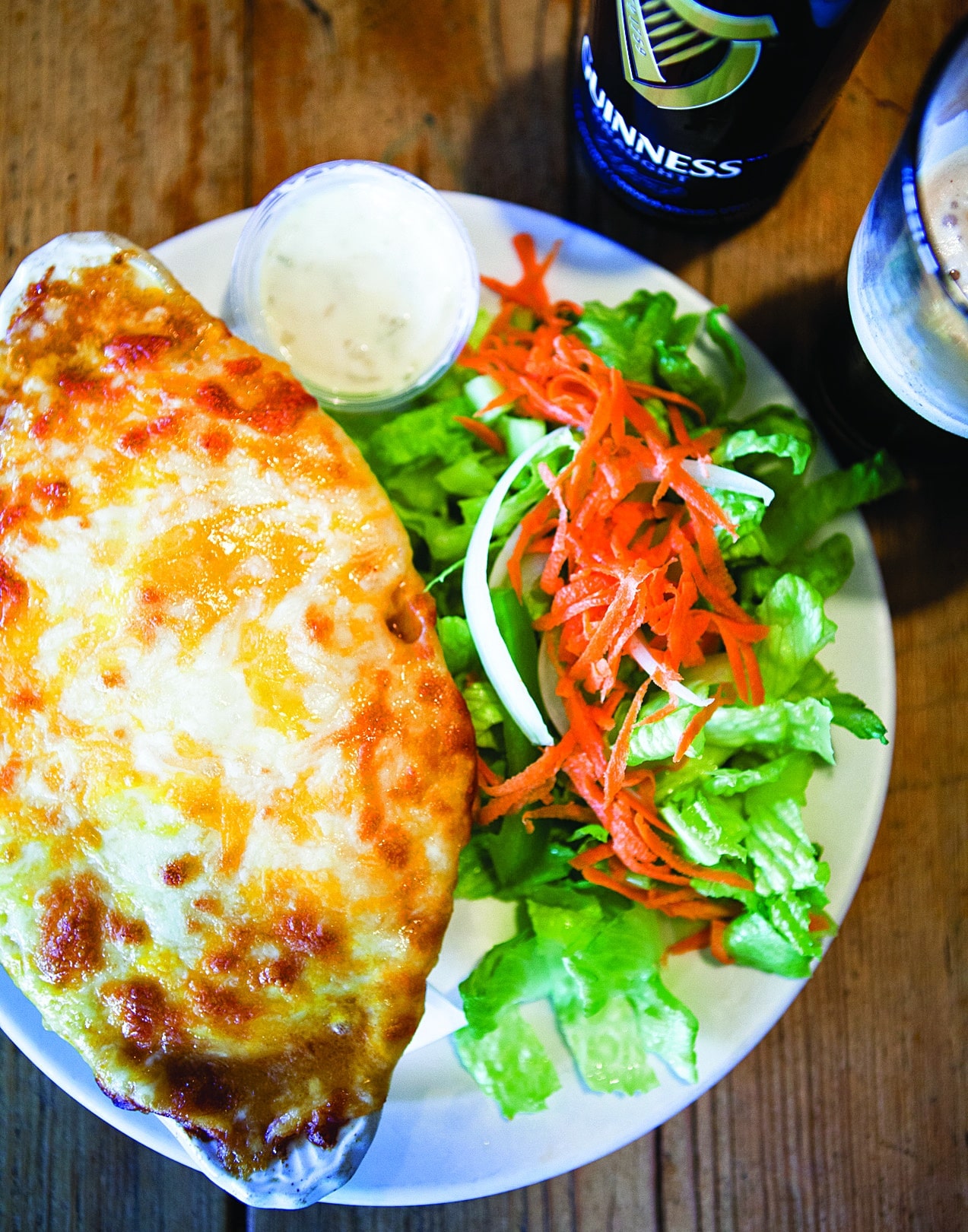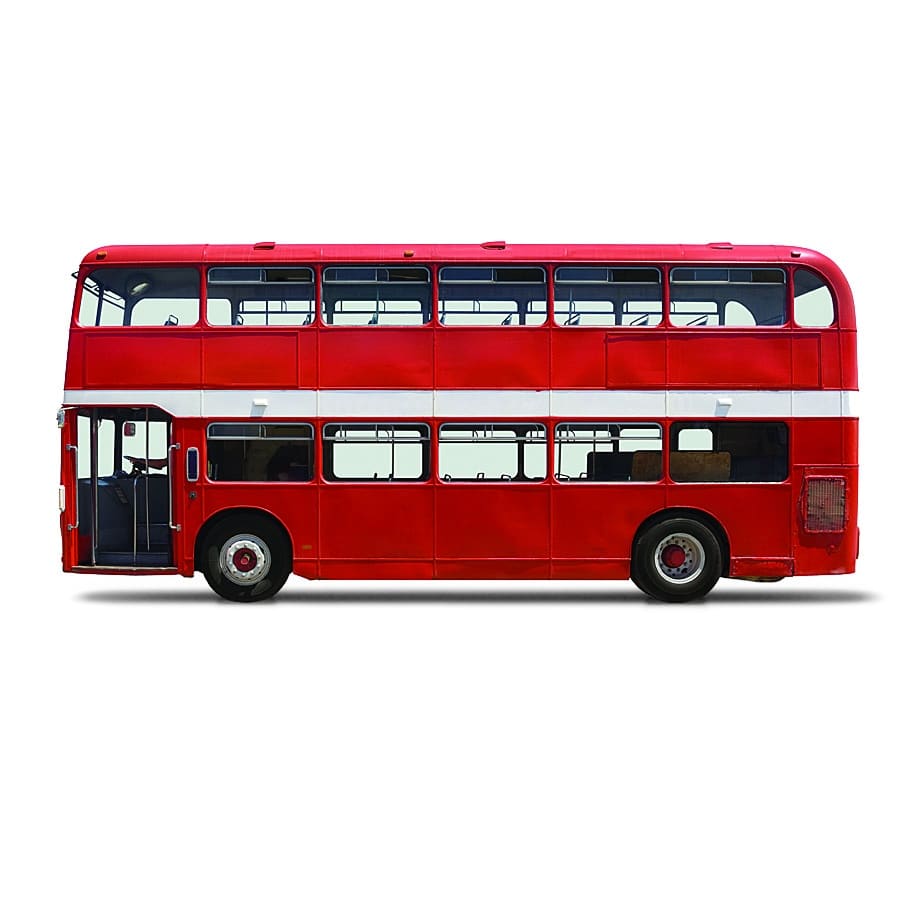How British Are The BVI?
At the docks on the island of Tortola, I stagger into the blinding sun to find the man who's supposed to show me around. His name is so regal: Horace Duncan. And sure enough, he's wearing a crisp white shirt and a tie. "Good ahf-ter-noon, Mis-ter Perr-oh-tay," he states. His perfect elocution is straight out of Tom Brown's School Days. Indeed, he might be a Brit here on the British Virgin Islands. But, like 83 percent of his compatriots, he is of Afro-Caribbean descent.
Horace drives me up to my villa: Frenchman's Lookout. We pull my bags from the Toyota SUV. From the villa's balcony we gaze at the sails of international yachts fluttering in the breeze. I ask Horace where I might find influences from Britain's ongoing 332-year rule. There's polite laughter. And then, realizing I'm serious, Horace offers a very open and un-British response. "Oh, man," he says. "Guess you could try the old rum place up the North Shore."

So a day later I set off along the cracked island roads, perhaps the same paths that British pioneers trod alongside soldiers (although I doubt they had the option, as I do, to sidetrack to a beachside bar for some calypso and piña coladas). At Cane Garden Bay I pull into the Callwood Rum Distillery. A British family founded it in the 1700s, so I expect to see a Union Jack and white-gloved pourers. Instead, I find a stone barn covered in moss and exuding the scent of burnt cane. I walk inside. A teenage girl with braids serves rum samples, assisted by her 7-year-old sister. She explains that the family still crushes cane in a hand-operated press, then ages it for 10 years in oak barrels, which look like they were left behind by Blackbeard. I ask if she feels the tug of the Mother Country.
"Mother Country?" she repeats.
So I translate. "Are you British at heart?"
"Oh, I've never been to Britain," the teen shrugs, measuring another rum tot. "But I want to go to New York someday. You should go to Road Town to find that old-time British stuff."
Turns out that Road Town, the capital city, does have its historic charm. Main Street is so narrow and crooked it defies all traffic but pedestrians, goats and chickens. Faded relics of the colonial age stand out — a boarded-up jail with stone walls, a Victorian post office with peeling white paint. I hike to Old Government House, where the elderly lady attendant seems astonished to see a visitor with a question.
"You won't find anything more British than this," she says. In a room laden with crystal and silver, photographs of the Queen beam down beatifically from the walls. The attendant tells me that on her majesty's last visit in 1977, while she was touring in a battered Lincoln Continental, an empty beer bottle rolled from under the seat onto her foot.

"There's an idea," she says. "Why not have a nice English beer near the waterfront?"
Inside the Virgin Queen I find a room full of islanders hunched over huge plates. The menu is highlighted by bangers and mash (sausage and mashed potatoes) and oxtail stew. Creamy Guinness flows from a tap. Later, while walking off the shepherd's pie and a pint, I realize that the sleep-inducing task of digesting pub grub may be ideal in the cool fog of the U.K. But here, in the Caribbean heat, it presses me to the edge of unconsciousness.
The next day I'm on a boat. Boats, more than anything, characterize the BVI. This one happens to be 60 feet below the surface: the HMS Rhone, the most famous British shipwreck in the Caribbean. Its monstrous bones, shattered boilers and giant propeller are overgrown with brilliant coral, and luminous tropical fish dart through the portholes. There's an obvious parallel to the BVI in general: The old British world lies beneath colorful new layers of island life, recognizable in vague shapes but largely enveloped by calypso and sun.
Later, driving back to my villa, I face a crucial dinner choice — stewed mutton and Guinness, or spicy fish roti with piña coladas? It's no contest. Like many a British sailor, I now know it's best to go native.

